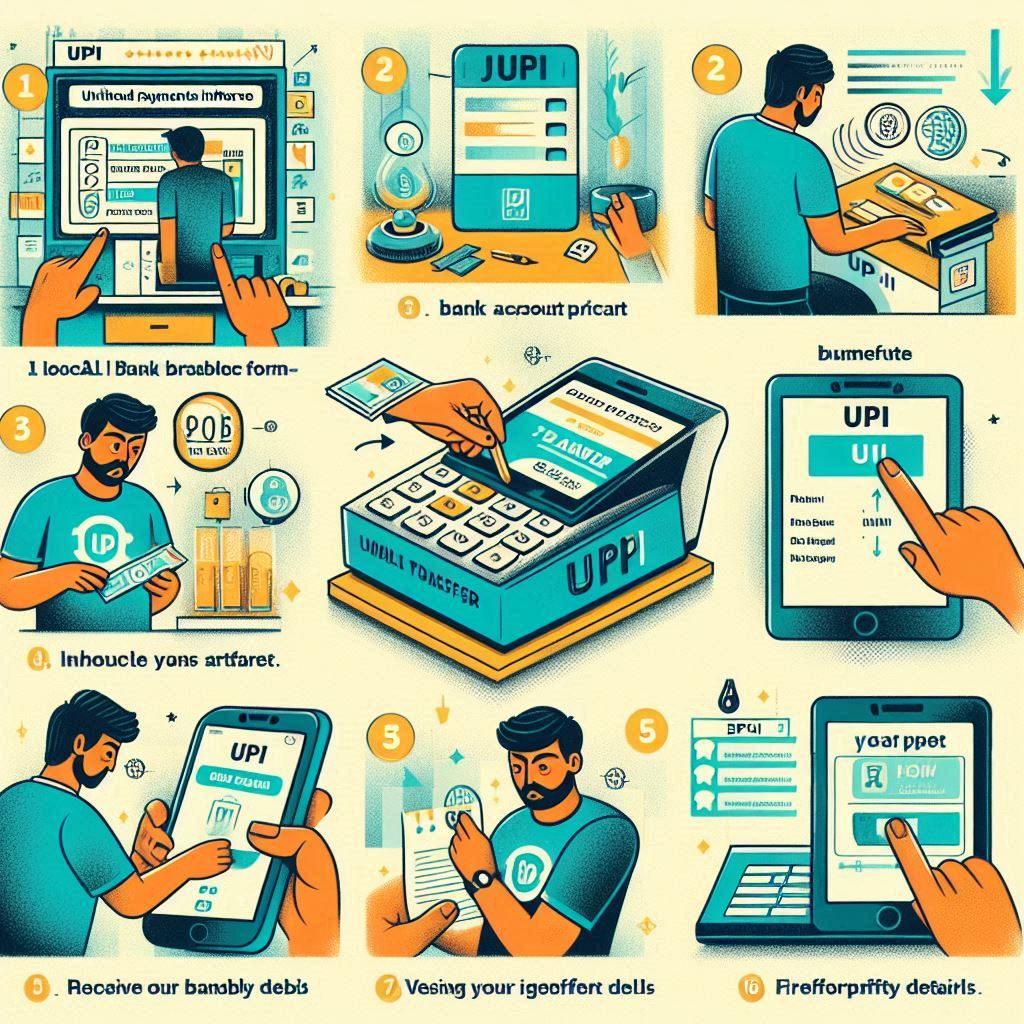The Unified Payments Interface (UPI) allows users to make transactions up to Rs 1 lakh per transaction. However, banks may impose their own limits, which can be lower than this cap set by the National Payments Corporation of India (NPCI). Here’s a detailed look at UPI transaction limits across various banks and the overall guidelines:
- Bank-Specific Limits:
- State Bank of India (SBI): The daily limit is Rs 1 lakh with a maximum of 10 transactions per day.
- ICICI Bank: Permits up to Rs 1 lakh per day, but this might vary based on the user’s transaction history and the bank’s policies.
- HDFC Bank: Also sets a daily limit of Rs 1 lakh, with certain conditions for new users and those without transaction history.
- App-Specific Limits:
- Google Pay and PhonePe: Both apps generally allow transactions up to Rs 1 lakh per day. Google Pay may temporarily halt transactions if requests exceed Rs 2,000.
- Paytm: Similar to other apps, the limit is set at Rs 1 lakh per day, but for new users, initial limits might be lower.
- Enhanced Limits for Specific Transactions:
- As per the latest updates, the Reserve Bank of India (RBI) has increased the UPI transaction limit to Rs 5 lakh for payments to hospitals and educational institutions. This is to facilitate larger payments in critical sectors like healthcare and education.
- Transaction Failures and Solutions:
- Common reasons for UPI transaction failures include exceeding the daily limit, incorrect receiver details, and connectivity issues. Linking multiple bank accounts to your UPI ID can help mitigate server-related problems
- Special Provisions:
- For low-value transactions, NPCI introduced UPI Lite, which allows payments up to Rs 200 without requiring a UPI PIN. This feature helps in reducing load on bank servers and ensures quick transactions for small amounts
Understanding these limits and guidelines helps users manage their UPI transactions effectively and avoid failures. Always check with your bank for specific policies that might affect your transaction limits.

